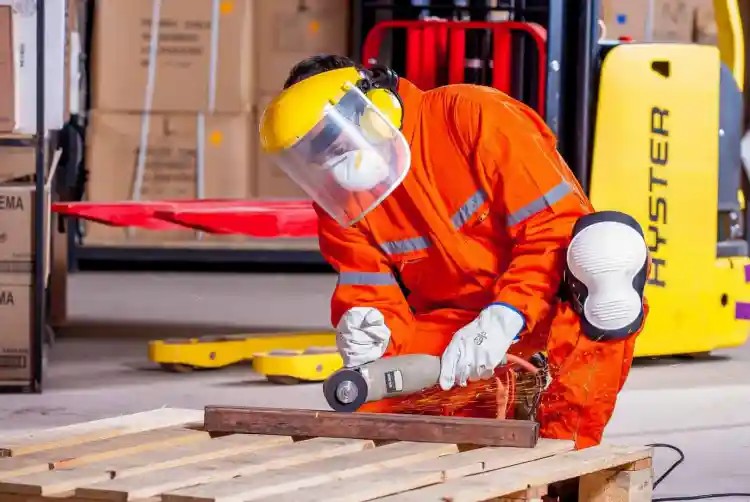


 349,500 Offered Certificates
349,500 Offered Certificates
 24/7 Online Training
24/7 Online Training
 Money Back Guarantee
Money Back Guarantee
 Fully Accredited Courses
Fully Accredited Courses

Created at: 22-02-2025 21:32
Abrasive wheels are essential tools in various industries, from construction to manufacturing. However, improper use can lead to serious injuries and costly accidents. It’s crucial for workers across major cities in Ireland, including Dublin, Cork, Galway, Limerick, and Waterford, to recognize common mistakes and understand the importance of thorough training.
Abrasive wheels are powerful but can be hazardous if not operated correctly. The risks include flying debris, blade breakage, and potential injuries such as cuts, abrasions, or even amputations. With the right training, workers can minimize these risks significantly.
Implementing a comprehensive Abrasive Wheels training program is essential for reducing workplace accidents. Here’s how proper training can address common mistakes:
Abrasive Wheels training courses, like those offered in Dublin and Cork, provide in-depth knowledge about the different types of wheels and their specific applications. Understanding this information helps workers choose the right tools for each task.
Certified training programs emphasize the importance of risk assessments before commencing work. Workers learn to identify potential hazards, implement control measures, and ensure that the work environment is safe.
Training reinforces the necessity of following safety procedures. For example, learning to inspect equipment before use, and always wearing appropriate PPE, significantly decreases the chances of accidents. A case study from Galway highlights a workshop that implemented strict adherence to safety protocols, resulting in a 30% reduction in accidents.
With the right training, workers across cities like Waterford and Limerick can avoid the common mistakes associated with Abrasive Wheels usage. Investing in certified Abrasive Wheels training not only enhances worker safety but also improves overall productivity. Don't wait for an accident to occur; enroll your team in an Abrasive Wheels course in Ireland today. For more information, feel free to reach out via email at [email protected].